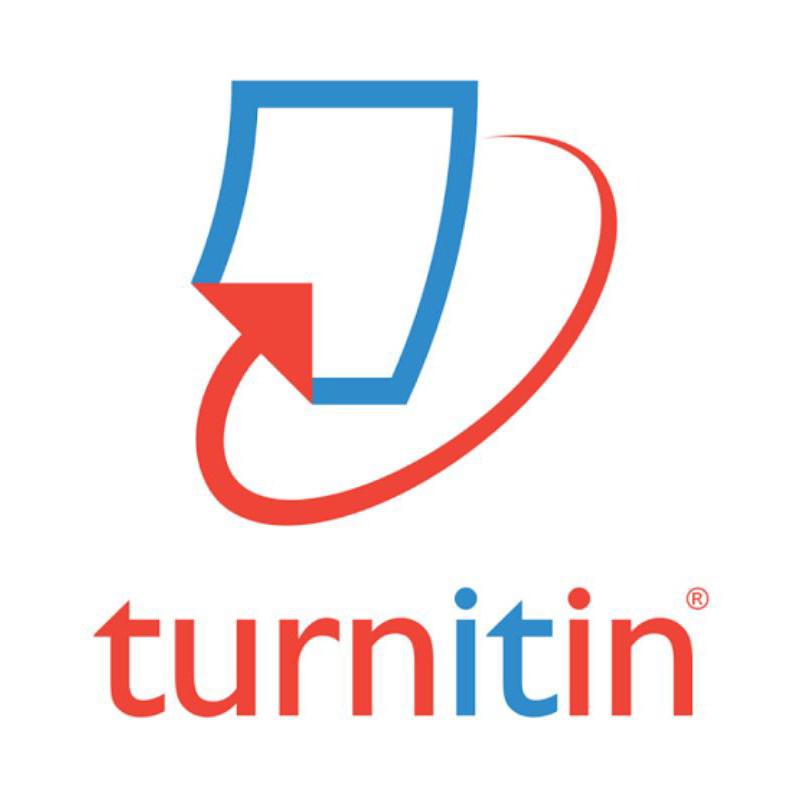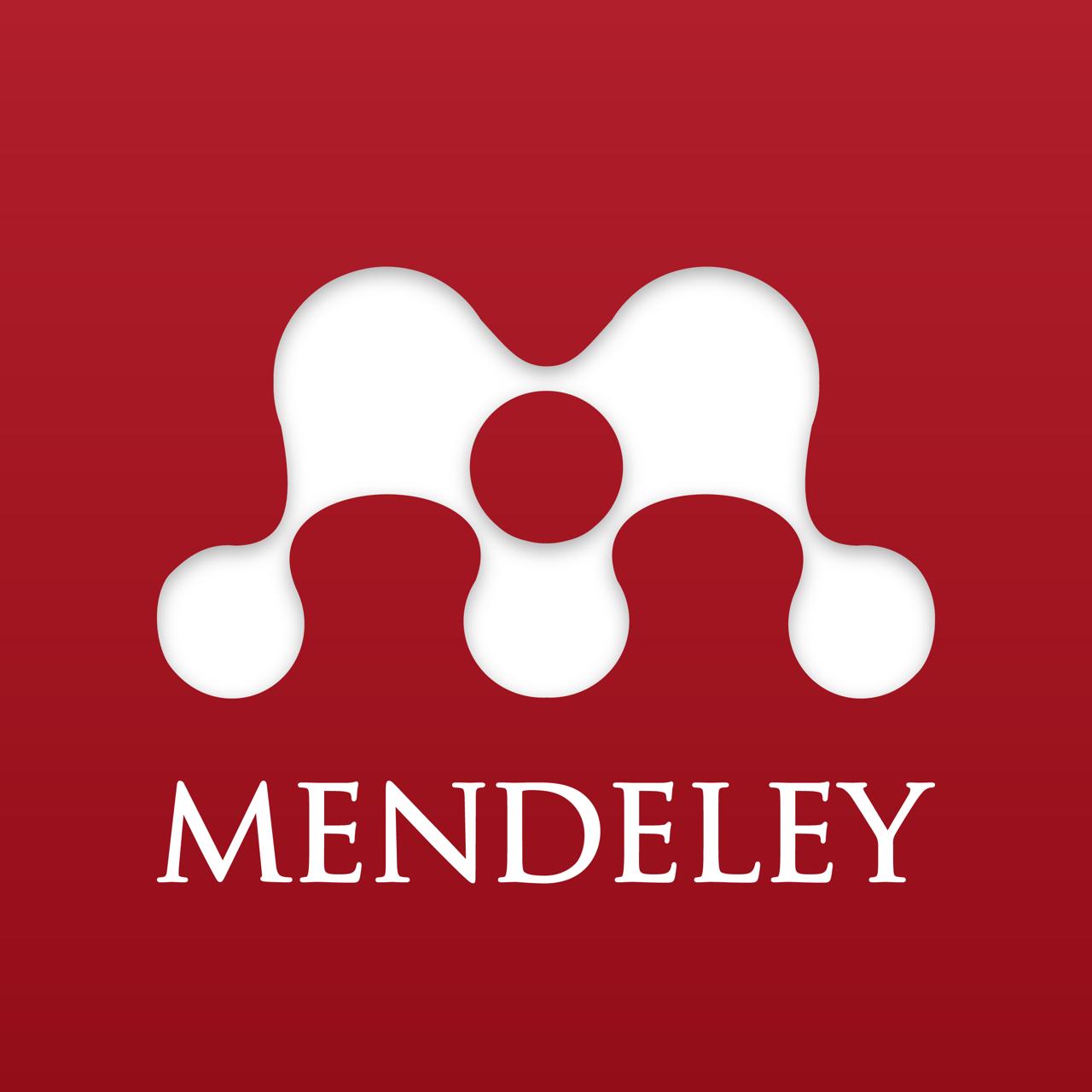Editorial Policies
FOCUS AND SCOPE
Jurnal Vitek Kedokteran Hewan Universitas Wijaya Kusuma Surabaya (Vitek Bidang Kedokteran Hewan) published scientific manuscripts in the field of veterinary medicine, animal science and husbandry. The manuscript can be researched, articles pillowcase reverse (review), and case reports. Manuscripts must be original (unpublished) and is written in Indonesian or English. Scientific manuscripts have a seminar in the national and international scientific meetings, should be accompanied by a footnote. Vitek Bidang Kedokteran Hewan receive articles both from Indonesia and other Country. Vitek Bidang Kedokteran Hewan published by the Research and Community Service Department Universitas Wijaya Kusuma Surabaya.
SECTION POLICIES
Articles
Editorial
PEER REVIEW PROCESS
The review policy on Vitek Bidang Kedokteran Hewan :
- Each manuscript reviewed by reviewers;
- Reviewers does not know the identity of the author, and the author also does not know the identity of the best partner (double blind peer review);
- The review process will consider novelty, objectivity, methods, scientific impact, conclusions, and references.
Vitek Bidang Kedokteran Hewan is published periodically twice a year in May and November.
OPEN ACCESS POLICY
This journal provides immediate open access to its content on the principle that making research freely available to the public supports a greater global exchange of knowledge.
This license lets others remix, tweak, and build upon your work non-commercially, and although their new works must also acknowledge you and be non-commercial, they don’t have to license their derivative works on the same terms.
ARCHIVING
This journal utilizes the LOCKSS system to create a distributed archiving system among participating libraries and permits those libraries to create permanent archives of the journal for purposes of preservation and restoration. More...
PUBLICATION ETHICS STATEMENT
Publication Ethics and Malpractice Statement
Duties and responsibilities of author
Reporting standards: The author should present a careful explanation of the research that has been done and discusses the benefits objectively. The author should present the results honestly without any fraud, falsification or data manipulation. The manuscript should contain sufficient details and bibliography to make it easier for readers to conduct similar research. False or misinformation is deliberately considered a violation of the code of conduct and cannot be justified. The manuscript should be written as directed by the journal.
Originality and plagiarism: Every manuscript send to Vitek Bidang Kedokteran Hewan check plagiarism by Turnitin and Grammarly. Authors must ensure the authenticity of writing. Authors are not allowed to submit the same script to other publishers at the same time, except to get permission from the editorial board. The results of previous research and related publications, whether the work of the authors themselves or others, shall be cited as a reference. If possible, the citation should refer to the first literature source. Direct quotes must be enclosed in quotation marks and quoted by specified citation procedures.
Multiple, duplicate, redundant or concurrent submission/publication: Authors are prohibited from submitting the same script to other journals at the same time. The author is also not allowed to write more than one of the same research to be sent to another journal. Sending the same manuscript in two or more journals is simultaneously considered a violation of the code of conduct and cannot be justified. If two or more texts come from the same study, there should be sufficient explanation, and the main issue should be a reference.
Acknowledgement of sources: Authors shall include all data sources used in the study and all publications that serve as sources of reference. Other works referenced shall be cited in accordance with regulation.
Authorship of the manuscript: The ownership of an article is indicated by a person's contribution to his research and publication. The person who is considered to be the owner of the article is the party who has a major contribution to the reporting, designing, implementing, and presenting the reported research. Other people who have also contributed to the research are written as assistant writers. Those who have contributed directly to the article are written as writers/assistant writers, while those who contribute indirectly to articles can be written on the contributor's section in recognition. The main author must ensure that all the assistant authors have seen and approved the inclusion of their name as an author's assistant.
Disclosure and Conflicts of Interest: All authors should include information on all parties with a particular interest in the text, either the funder or any party potentially causing a conflict of interest so that it may be deemed to affect the results or interpretation of the manuscript. All funders must be included in the manuscript.
Fundamental errors: If the writer finds any substantial mistakes or inaccuracies in the submitted manuscript, the author should promptly notify the editor or manager of the journal and work together to retract or correct the manuscript.
Hazards and human or animal subjects: The authors shall include information concerning chemicals, procedures, or equipment which may be harmful when used or applied in the study.
Duties of Editors
Publication decisions: Based on a decision of the editorial board, the editor is entitled to accept, reject, or request the repair of the manuscript. The decision shall be based on the validity of the edited manuscript and its contribution to the researcher and the reader. In work, editors can follow the guidelines made by the editorial board and are bound by all the legal rules that govern defamation, copyright infringement, and plagiarism. Editors are allowed to deliberate with other editors to decide on the worth of a script. The editor shall be responsible for all of his published edits and shall have procedures and policies to ensure the quality of published manuscripts and to maintain the integrity of the issue.
Editing Scripts: The editor must ensure that each manuscript is evaluated for authenticity. The editor must arrange and utilize peer review with justice and wisdom. The editor should explain the author's peer review process and show the journal sections that get peer review. The editor shall determine the appropriate peer review for the published texts taking into account the suitability of the science expertise and avoiding choosing a reviewer with a particular interest or a conflict of interest.
Fair play: The editor must ensure that every text received in the journal is actually edited on the basis of intellectual content regardless of the author's sex, gender, race, religion, nationality, etc. To avoid partiality and biased decisions, editors should uphold the principle of freedom and the integrity of editing. The editor has a very strong position in determining the eligibility of a manuscript to be published so that a dishonest and alignment process should be avoided.
Confidentiality: The editor must maintain the confidentiality of information relating to the manuscript submitted by the authors. The editor must carefully estimate all possible breaches of data security and the confidentiality of the author. If possible, the editor may request a written statement regarding the research to be published and a statement about the publication of the manuscript in the journal.
Duties of Reviewers
Confidentiality: Information relating to the manuscript submitted by the author must be kept confidential and treated as privileged information. Such information shall not be disclosed to or discussed with anyone other than by permission of the editorial board.
Acknowledgement of sources: The reviewers should ensure that the author has included all the data sources used in his research. Reviewers should browse related publications that have not been included in the manuscript by the author. Statements of observations, conclusions, or arguments that have appeared in other publications shall be listed by applicable quoting rules. The reviewers should promptly notify the editorial board if it encounters any irregularities, suspects a violation of the code of ethics. The reviewers must maintain the confidentiality of such information and are not allowed to conduct their investigation unless the editorial board requests further information and advice).
Standards of objectivity: The study of the manuscript should be done objectively, and the reviewers must provide a clear opinion supported by a justifiable cause. The reviewers must follow the journal's instructions when responding unless there is a good reason not to do so. Reviewers should provide useful reviews and provide feedback that will help the author to improve the manuscript. The reviewers should provide clear advice on sections requiring additional investigation or analysis to support the conclusions formulated in the manuscript or the section that requires only additional description.
Disclosure and conflicts of interest: The privileged information or ideas gleaned from peer review must remain secret and not used for personal gain. The reviewers is not allowed to review a manuscript if it has certain interests such as competition, cooperation or other relationships with the author, agency or institution associated with the text. In a closed two-way review, the reviewers must promptly notify the editor if he/she recognises the author's identity and is concerned that it may create a conflict of interest.
Timeliness: Reviewers should utilise the best time in work. The reviewers should only agree to review the manuscript if it feels able to resolve it within the agreed time and promptly notify the editor if it requires a deadline to be rescinded. If the partner considers it impossible to review the manuscript within the prescribed period, the partner should contact the editor so that the script can be given to other partners.
COPY EDITING AND PROOFREADING
All manuscripts received by Vitek Bidang Kedokteran Hewan are edited and reviewed by language editors to ensure that the manuscript is written in a scientific and standard language and there is no spelling error.
ARTICLE PROCESSING CHARGES
Every article submitted to Vitek Bidang Kedokteran Hewan will be charged IDR 500,000 for the article processing fee. After paying the processing fee there are no additional fees for submitting, reviewing, editing, publishing, maintaining and archiving, and allows direct access to full text versions of articles.



